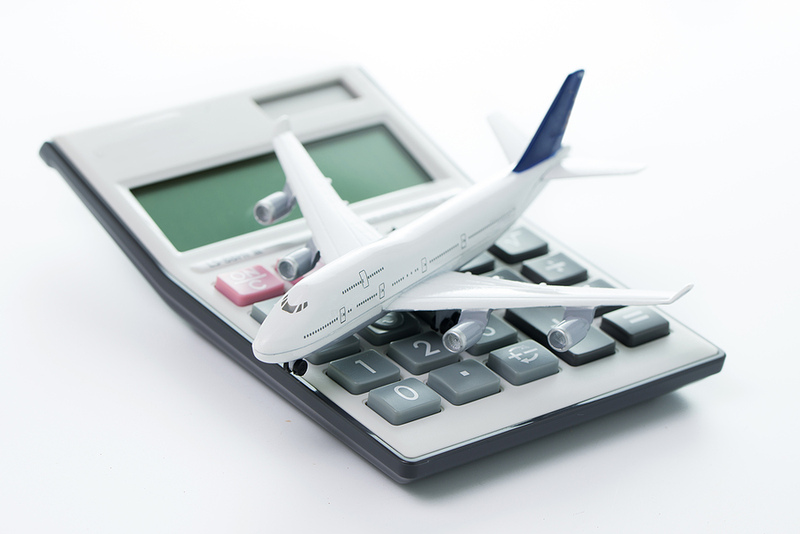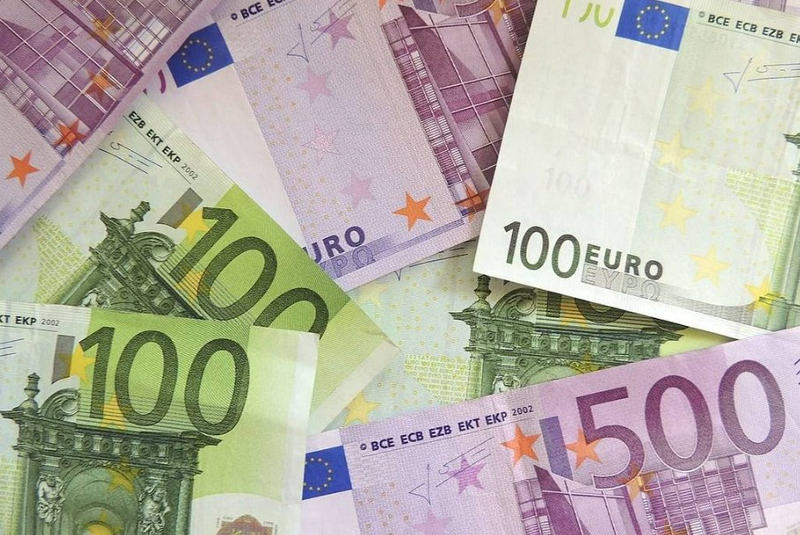
There’s nothing quite like the thrill of planning a trip. The excitement builds as you scroll through travel blogs, compare destinations, and imagine yourself sipping coffee in a cozy café halfway across the world. However, let’s be honest, the moment you start adding up flight prices, hotel costs, and meal expenses, that excitement can quickly turn into anxiety.
That’s where budgeting comes in. A proper travel budget doesn’t restrict your fun; it actually gives you freedom. When you know exactly how much you can spend, you can explore without guilt or stress.
In this article, Gerda Grinova, an expert in iGaming and gaming project quality known for her attention to detail and analytical approach, will explain in detail how to properly budget for a trip to maintain a balance between comfort and economy.
Thanks to her experience in the iGaming industry, Gerda knows how to combine strategic planning with practical advice, making her content particularly useful for a wide audience.
Start With a Realistic Travel Goal
A realistic goal sets the tone for every other financial decision. If you are planning a luxury resort stay, your budget will look very different from a road trip through small towns. Also, before opening your wallet, decide where you want to go, how long you will stay, and what you want to do.
“The real value of setting and achieving goals lies not in the rewards you receive but in the person you become as a result of reaching your goals and arriving at your mountaintop.” – Robin S. Sharma.
Ask yourself:
- What’s my destination?
- How long will I be gone?
- What kind of experience am I aiming for? Is it relaxation, adventure, or exploration?
Research Your Destination Costs

Never make the mistake of taking a guess. Instead, take time to research prices before you travel. Consider the following:
- Average hotel or Airbnb rates
- Local restaurant costs
- Transportation prices (bus, train, or car rental)
- Admission fees for attractions
For example, you may find that eating out in Lisbon is much cheaper than in London, and train rides in Japan are pricier but extremely reliable.
A smart trick? Read traveller reviews from the past six months. The reviews will give you an edge and may also reveal the costs that guidebooks miss.
Use Budgeting Tools and Apps
Technology makes budgeting easier than ever. Some apps like Trail Wallet, TravelSpend, or Mint help you track expenses on the go. They let you set spending limits, log receipts, and even convert currencies automatically. Some travelers also like using simple spreadsheets, but apps make it faster, especially when you are on the road.
According to Forbes, people who very vividly describe their goals are anywhere from 1.2 to 1.4 times more likely to successfully accomplish their goals. So, if you would rather prefer the old-school way, don’t worry, jot things down in a small notebook. What matters most is staying consistent and checking your balance daily.
Plan for Unexpected Costs
Every trip has surprises and not all of them are good ones. Sometimes your flight may get delayed, or you may find an attraction that wasn’t in the plan.
So, set aside a small emergency fund, which is usually 10% – 15% of your total budget. It will save you from stress when plans change. However, according to a study conducted by the UK parliament, unexpected expenses are common, as 57% of people who were surveyed reported unexpected expenses.
Thus, you should also consider getting travel insurance. It feels optional until you actually need it. Coverage for medical emergencies, luggage loss, or trip cancellations can protect you from large financial shocks.
Compare Before You Commit
When booking flights, hotels, or car rentals, always compare at least three platforms. Prices can vary dramatically, sometimes by hundreds of dollars. So, it’s important to always compare prices before making any financial commitment. Also, don’t rush to book everything at once, as prices often drop midweek.
Budget for Fun — Not Just Necessities

Many travelers forget to include “fun money” in their budgets. Your trip shouldn’t feel like a financial lockdown.
As Keisha Blair said: “a holistic wealth perspective emphasizes creating budgets with purpose. Identify priorities, allocate resources and leave room for personal enjoyment. This approach fosters a healthy financial mindset, reducing the likelihood of regretting spending decisions”.
Set aside a bit for spontaneous moments, like a cooking class, a guided tour, or a souvenir you didn’t plan to buy. If you enjoy entertainment such as gaming or nightlife, include that too.
If you are planning some entertainment during your trip, such as relaxing with a game, it is worth checking out a review of minimum deposit online casinos. It can serve as a light, affordable pastime while waiting at the airport or relaxing in your hotel, offering fun without straining your leisure budget.
Conclusion
Proper budgeting is about planning smartly so your money stretches further. When you understand your expenses, save early, and track your spending, your trip becomes smoother and more enjoyable. So, before your next adventure, take a moment to set your travel budget. With preparation, even a modest trip can feel like a luxury experience.
Ready to plan your next trip? Start today, and your future self will thank you when you’re sipping coffee on a beach without much worry.
